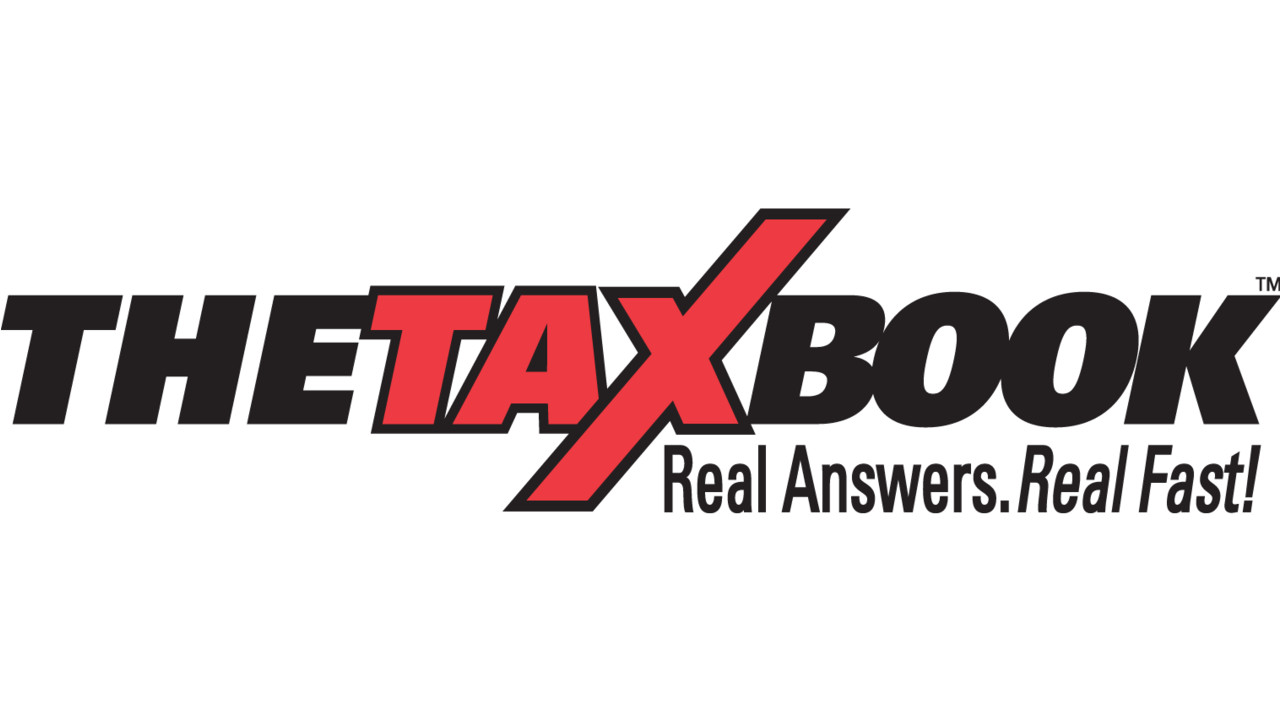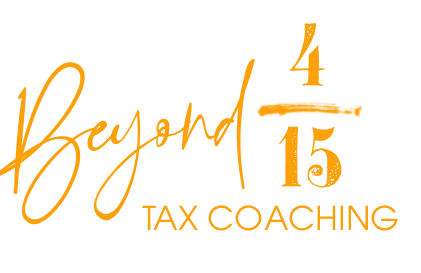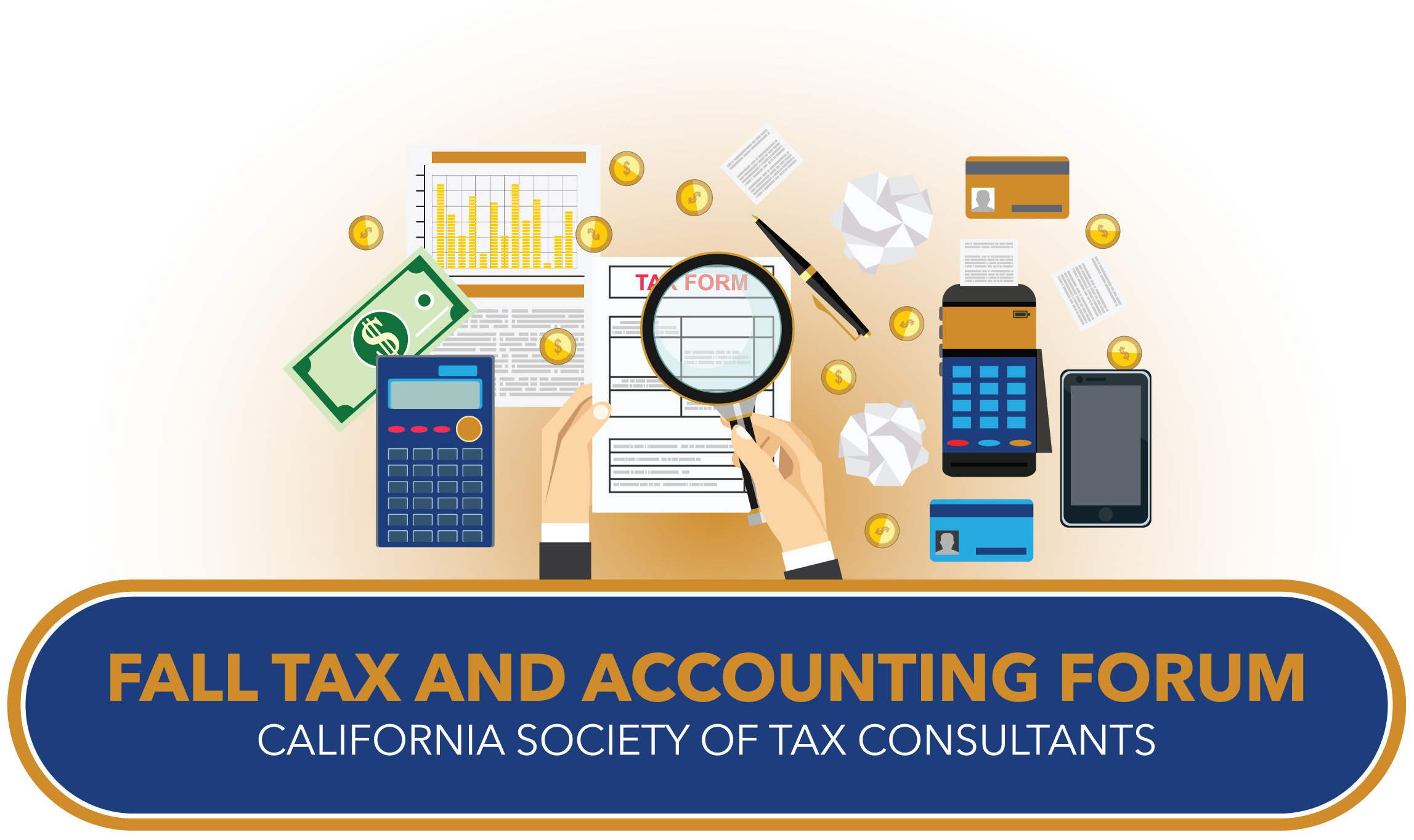|
In This Issue...
- From the President
- 2019 Fall Tax and Accounting Forum
- July 2019 Chapter Events
- July 2019 Board of Directors Meeting
- Welcome New CSTC Members
- Legislative Advocacy
- Become a CA Registered Tax Preparer (CRTP)
- News from the IRS
- Join CSTC!
CSTC Member Benefits

CSTC members have access to benefits such as free payroll processing services for your tax practice, and the opportunity to earn new revenue through their flexible partnership options.

CSTC is pleased to include the VeriFyle ProTM premium secure online document and message sharing service at no cost to CSTC members!

Wolters Kluwer: Discounts on Tax, Accounting & Audit Resources, Software, Information & Services.

CSTC members receive the TaxBook WebLibrary at a special price
Other Member Benefits Include:
$ Savings on all Society Educational Events
$ Savings on Contact, Correspondence & Self Study Education
$ Savings with member specialty CSTC Connects (previouslyYellow Pages) list
$ Savings with E & O Insurance, plus specialty coverage relevant to your profession
$ Online CSTC Find-a-Tax Consultant search to help promote your business!
$ CSTC Member Listserv

Office Depot has partnered with us to provide exclusive savings in-store and online, plus fantastic additional benefits. This program is all about providing preferred pricing to our clubs, and the savings extend to almost every item.
Savings include 20% to 55% off item office supply core list, 20% to 55% off retail on cleaning & break room items, 10% off branded; 20% off private brand ink & toner core list, Average 10% off retail on 200 technology core items, Free next-day shipping on orders of $50 or more, and SIGNIFICANT savings on copy & print. Become a CSTC member to sign up for our Office Depot Small Business Savings Program, administered by Excelerate America.

We are a professional full-service tax advisory firm in San Diego. Our goal is to provide a level of service for our clients that will exceed expectations in every possible way. We strive to offer a diverse level of services in order to meet the needs of the diverse community we have been working in for more than 30 years.

TaxMama's® EA Exam Course prepares tax professionals to do so much more than just pass the IRS' Special Enrollment Examination. This is in-depth course teaches tax law from the ground up. It explains how tax returns work, with examples of basic 1040s, Schedule Cs, 1065s, 1120s, and 1120Ss; you learn tax law, tax research, client representation for audits, appeals and collections.

If you are interested in buying or selling a practice, contact us today! ATB is operated by Enrolled Agents ensuring a complete understanding of our profession. Please give us a call at (855) 428-2225 or visit us online at www.ATBCAL.com for more information and to view our current listings.
CA DRE 02002824
CSTC Mission
CSTC advances professionalism within the tax industry by:
- Providing quality education
- Creating networking opportunities
- Advocating professional standards
|
From the President

My wife Cheryl loves to read good books. She says there’s something awesome about having a book in her hand to read. I, on the other hand, fall asleep when I sit down and start reading. To overcome my seeming inability to sit down and read, several years ago I started listening to books on tape, then on CD, and now on MP3s and Internet streaming. I’ve listen to books on business, entertainment, personal development, science, and everything in between. My truck does not move without two things; gas and an audiobook. In fact, I even enjoy “reading” books while riding my mountain bike. It’s surprising how fast I can read a book in 30 to 45 minute intervals and stay awake in the process.
This month I’d like to tell you about three of my favorite personal development books, The Compound Effect: Jumpstart Your Income, Your Life, Your Success, by Darren Hardy, 2010; The Power of Habit: Why We do What We Do In Life and Business, by Charles Duhigg, 2012; and Atomic Habits: Tiny Changes. Remarkable Results, by James Clear, 2018. Each book has changed my life in remarkable ways because they have taught me how habits compound and how critical they are to the success of anything.
Each of these books is easy to read (or listen to) and gives amazing insight on habits and routines. The most significant thing that I’ve learned from all three is that most people spend their time thinking of the end and working their way towards the end hoping that they will arrive there feeling successful and having completed everything they intended. However, that is not the way life works. In reality, what matters is the start, not the end. Jim Rohn, one of my personal development mentors, said, “Motivation gets you started. Habits keep you going”.
Routines matter. Habits matter. James Clear tells a story of a woman who would every day put on her dance clothes, walk to the curb and hail a cab, arrive at the dance studio and work out for 2 hours. She did this every day and became a fantastic dancer. The important thing was not that she worked out at the gym for two hours every day, but that she put on her dance clothes. It was the start, not the finish that mattered most.
Most people think that motivation is something that gets you going. But that’s not true, motivation kicks in after you’ve gotten going. Harvard psychologist, Dr. Jerome Bruner, has said “you’re more likely to act yourself into feeling than feeling yourself into action.”
Hardy, Duhigg, and Clear seem to all agree that one small habit carried out consistently over time will reap tremendous results. It is the small habit that brings the small win. With small wins you start to develop confidence, motivation, and momentum to move forward. Then, if you have a system in place to keep you going, that system and process will take you where you want to go.
While I love to go mountain biking, sometimes getting up at 5 o’clock in the morning to go can be tough. However, if I lay out my clothes the night before, I have started the habit loop that gets me up in the morning to put on my riding clothes and go riding. It really works. You might think that my motivation to go riding would be to stay in shape so I can keep up with my grandchildren. While that might be the end goal, it is not what gets me on the bike in the morning. What gets me on the bike is laying out my clothes the night before.
Though I have been in business for 30 years, I still need to do things to get the small wins to help me develop confidence motivation and momentum to move forward. If I don’t have good habits, I don’t follow my systems. If I don’t follow my systems, the work doesn’t get done. If the work doesn’t get done, I don’t get paid. If I don’t get paid, I don’t have the freedom to do things that I want to do.
Look around at how you run your practice and your life and notice the habits you’ve developed that lead to success. If you want to do better, imagine if you improved things just 1% every day. A small change, yes, but by the end of the year you will have changed 365%. A fantastic change!
Keep up the good habits and reap the rewards.
Your friend,
Gary Quackenbush, CSTC President

Save the Date for the 2019 Fall Tax and Accounting Forum in Sacramento!
September 20-21, 2019
Topic: Non-profits
The California Society of Tax Consultants (CSTC) provides quality tax education for tax professionals, including CTEC-registered preparers, Enrolled Agents, CPAs and attorneys. CSTC's 2019 Fall Forum will be held September 20-21, 2019 at the Courtyard by Marriott Sacramento Cal Expo in Sacramento, CA. It will focus on tax and accounting for non-profit organizations.
Schedule coming soon!
July 2019 Chapter Events
July 2, 2019
Topic: Round Table
North County San Diego Chapter Meeting
1 Federal Tax Law Hour
1 Federal Update Hour
Topic: Innocent or Injured Spouse? "Breaking Bad" style
East County San Diego Chapter Meeting
1 Federal Tax Law Hour
Topic: Mastering the Basics of Trusts and Estates
East County San Diego Chapter Meeting
1 Federal Tax Law Hour
1 California Hour
July 3, 2019
Topic: Round Table
Temecula Valley Chapter Meeting
2 Federal Tax Law Hours
July 10, 2019
Topic: Needed
Orange Chapter Chapter Meeting
Hours TBA
Topic: You Deserve to Increase Your Tax Knowledge of Members of the Clergy & Religious Workers
San Francisco Bay Chapter Meeting
2 Federal Law Hours
July 11, 2019
Topic: Installment Agreements: A to Z
North County San Diego Chapter Meeting
2 Federal Tax Law Hours
Topic: 1031 Exchange and the New Opportunity Exchange
San Gabriel Valley Chapter Meeting
2 Federal Tax Law Hours
Topic: Joint Meeting with CSEA - Business Entity Selection after TCJA
San Diego Chapter Meeting
2 Federal Tax Law Hours
July 12, 2019
Topic: Form 1041, Trusts and Estates Practical Applications
East County San Diego Chapter Meeting
3 Federal Tax Law Hours
July 17, 2019
Topic: After Tax Season Breakfast
Temecula Valley Chapter Meeting
Hours TBA
Topic: 1031 Exchanges and Their New Counterpart - Opportunity Zones
Inland Empire Chapter Meeting
1 Federal Tax Law Hour
1 Federal Update Hour
July 22, 2019
CSTC Board of Directors Meeting
July 23, 2019
Topic: Everything You Wanted to Know About Compensatory Stock Benefits
Orange County - South Chapter Meeting
2 Federal Tax Law Hours
July 24, 2019
Topic: Opportunity Zones and 1031 Exchanges
Orange County - Wine Country Chapter Meeting
1 Federal Tax Law Hour
1 Federal Update Hour
Click here to view the CSTC calendar.
July 2019 Board of Directors Meeting
Date: Monday, July 22, 2019
Time: 9 AM to 3:30PM
Location: Holiday Inn Express & Suites Santa Ana - Orange County
1600 E First St
Santa Ana, CA 92701
(714) 834-9455
Welcome New CSTC Members!
Please help us in joining our newest CSTC Members!
Richard Arnason
San Jose Chapter
Susan Bolton
Greater Long Beach Chapter
Richard Bowen
Member-at-Large Chapter
Christopher Cebell
Member-at-Large Chapter
Myungsik Chae
Orange County Chapter
Richard Dally
North County San Diego Chapter
Rosa Handal
San Gabriel Valley Chapter
Patrick Howard
East County San Diego Chapter
Loretta Lomas
Sacramento Chapter
Yi Qi Lu
Inland Empire Chapter
Heather Mandell
Sacramento Chapter
Linda Owyeung
San Francisco Bay Chapter
Jeff Pesta
San Jose Chapter
Angelica Reynoso
Central Valley Chapter
Josephine Sarhadi
Central Valley Chapter
Michael Van Handel
East County San Diego Chapter

Legislative Advocacy
CSTC has been the leading Association in supporting legislation to provide protection for our profession, to support our profession, and to enhance our profession. CSTC continuously leads our industry through legislative advocacy, educational opportunities, and professional inclusion.
CSTC works closely with a Legislative Advocate in Sacramento to keep an eye on important bills that would effect tax payers and small business owners.
Please click here to view the bills that CSTC is currently monitoring.
Become a California Registered Tax Preparer (CRTP)!
The California Society of Tax Consultants offers two options for those looking to become a California Registered Tax Preparer (CRTP).
Both courses teach you the fundamentals of federal tax law. And it doesn’t just teach you the law--you also learn how to apply it in your review questions and learning activities by preparing practice tax returns.
ONLINE - All year round we offer an online QE course that you are able to purchase at any time and complete at your own pace. Click here or the online QE course box below to learn more.
IN-PERSON - Starting in September, 2019, we will be offering an in-person course for the 60 hour QE Education. The course will start on September 9 and continue every Monday and Thursday until November 21, 2019. Click here or the in-person QE course box below to learn more.
The Qualifying Course is powered by The Income Tax School.

Join the California Society of Tax Consultants!
Click here to fill out an online application.
CSTC advances professionalism within the tax industry by:
- Providing quality education
- Creating networking opportunities
- Advocating professional standards
|